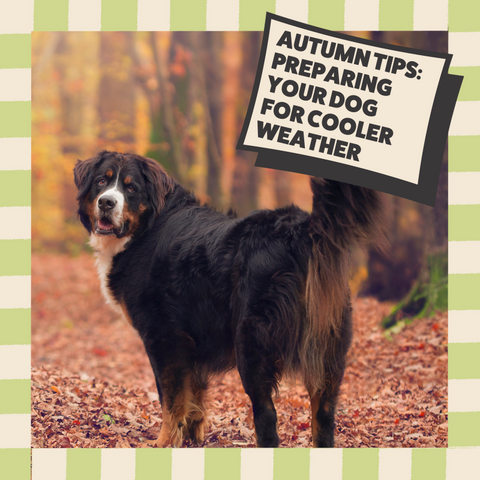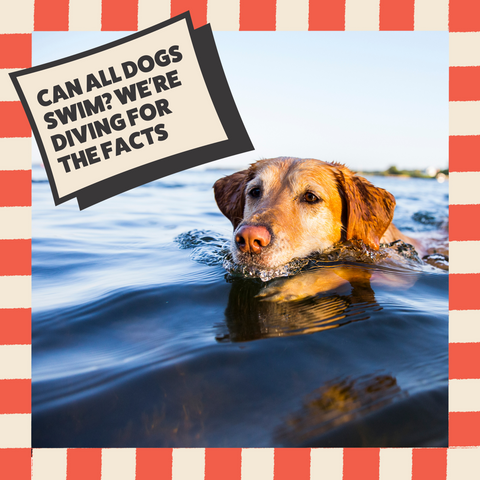Understanding Your Dog’s Nutritional Needs in the Summer
Summer brings longer days, more outdoor adventures, and plenty of opportunities for your dog to enjoy the warm weather. Just as we adjust our diets and routines to stay healthy and energised during the summer months, our furry friends also have specific nutritional needs that can help them thrive in the heat.
Here’s a comprehensive guide to understanding and meeting your dog’s nutritional needs this summer.
Hydration is Key
One of the most crucial aspects of summer care is ensuring your dog stays properly hydrated. Dogs can easily become dehydrated, especially during high temperatures and increased activity levels. Always provide fresh, clean water and consider soaking your dog’s dry food or adding wet food to their diet to boost moisture intake. You can also create ice cubes from low-sodium broth or plain water to encourage hydration and provide a refreshing treat.

Adjusting Caloric Intake
Summer often means more outdoor playtime and exercise, which can increase your dog’s caloric needs. However, some dogs may be less active in hot weather, necessitating a reduction in calories to prevent weight gain. Monitor your dog’s activity levels and adjust their food portions accordingly. Maintaining a healthy weight is essential for your dog’s overall well-being.
Seasonal Fruits and Vegetables
Incorporating seasonal fruits and vegetables into your dog’s diet can provide essential vitamins and minerals. Many summer fruits like blueberries, strawberries, and watermelon are safe for dogs in moderation and offer hydration benefits. Vegetables like carrots, cucumbers, and green beans can also be excellent low-calorie snacks. Always ensure the fruits and vegetables you offer are safe for dogs and cut them into appropriate sizes to prevent choking.

Avoiding Heat-Inducing Foods
Some foods can increase your dog’s body heat, making it harder for them to stay cool. Avoid spicy foods, excessive fats, and overly processed treats that can contribute to overheating. Instead, focus on cooling foods like plain yoghurt (in moderation), which can also support digestive health, or frozen treats made from dog-safe ingredients.
Supplements and Electrolytes
Consider adding supplements to your dog’s diet to support their health during the summer. Omega-3 fatty acids can help keep their coat shiny and skin healthy. If your dog is particularly active, electrolyte supplements can help maintain their balance, especially after strenuous activities or on very hot days.
Regular Feeding Schedule
Stick to a regular feeding schedule to help regulate your dog’s digestive system and maintain their energy levels throughout the day. Feeding your dog during cooler parts of the day, such as early morning or late evening, can also prevent them from feeling sluggish due to the heat.
Monitoring and Adjusting
Every dog is unique, and their needs can vary based on breed, age, size, and health condition. Monitor your dog closely for signs of dehydration, heat exhaustion, or dietary issues. Adjust their diet as necessary and consult your veterinarian for personalised advice, especially if you’re introducing new foods or supplements.

Conclusion
Understanding your dog’s nutritional needs during the summer is essential for their health and happiness. By providing proper hydration, balanced nutrition, and seasonal treats, you can ensure your dog enjoys the summer months to the fullest. Remember, a well-fed and hydrated dog is a happy and energetic companion, ready to make the most of the sunny days ahead.
By taking these steps, you’re not only catering to your dog’s nutritional needs but also strengthening the bond you share through thoughtful care and attention. Enjoy the summer with your furry friend and make it a season of health, happiness, and fun!







